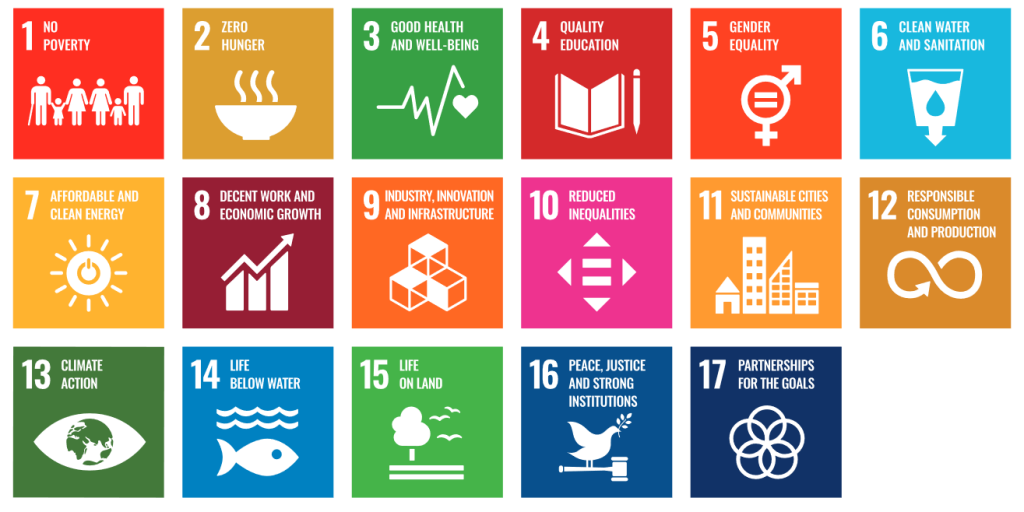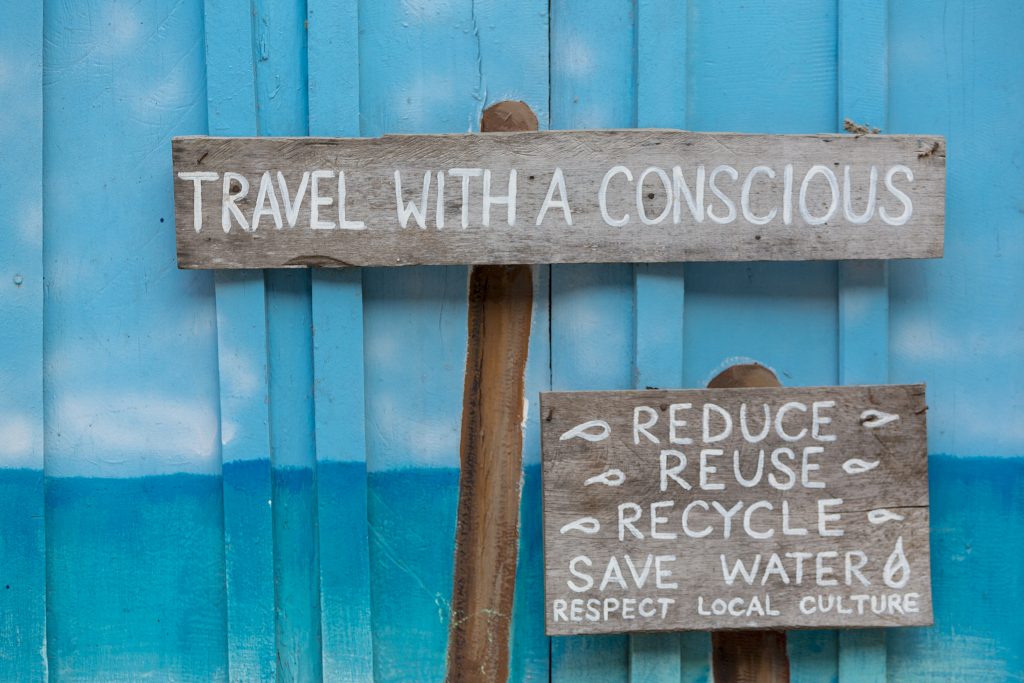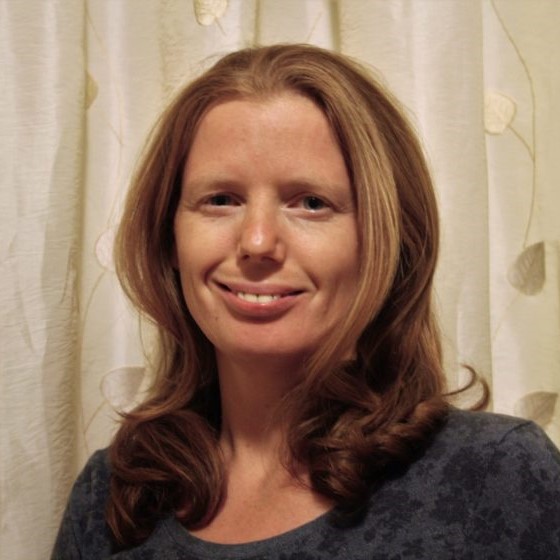Guest author: Anna Kodek
The climate crisis, the biodiversity crisis or the pandemic show that a paradigm shift towards sustainability is inevitable. Regardless of the many challenges and difficulties, sustainable thinking and business is more important than ever.
Sustainability in itself is an abstract word that very few people can grasp, that to this day has not been precisely defined and is interpreted and misused in different ways. On the one hand, it is essential to analyze sustainability holistically and not in isolation. On the other hand, I ask myself: How realistic is it to be able to solve all 17 sustainability goals and their 169 sub-goals? Do we ever look through the jungle of this complexity? I have often heard the recommendation that everyone should pick out their sustainability goals that are relevant to themselves in order to meet them to the best of their knowledge and belief. In theory, that’s all well and good, if it weren’t for the most diverse conflicts of interests and goals in practice. According to the book “Is Sustainability Utopian”, conflicting goals within the SDGs (Sustainable Development Goals, i.e. UN sustainability goals) were examined and the following questions were asked:
SDG1 reads: No Poverty. SDG 8 reads: Decent Work and Economic Growth. To put it bluntly: If all people around the world had the same standard of living as in the global north and their economic growth, this would have a massive negative impact on the environment (SDG 13 Action for Climate Protection, SDG 14 Life Below Water, SDG 15 Life on Land). The climate crisis and species extinction would progress much further under these circumstances.

The association SOL has published the brochure Tomorrow and Elsewhere. According to this brochure, we save ¼ of our gross salary at the expense of other people. Is it to be understood as a failure of the market when ecological and social costs are not borne by the polluter, but are at the expense of the environment or the future? Christian Felber recommends, for example, that every company should draw up a balance sheet for the common good. In 2011, Puma was the first company in the world to publish an ecological profit and loss account. “Impacts of land use, air pollution and waste along the value chain amount to € 51 million, in addition to the already reported € 94 million for greenhouse gas emissions and water consumption”. As a private person, I can contribute little or nothing to the global solution. I feel overwhelmed and insignificantly small. I can’t do everything right anyway, somewhere I make a mistake, and then people point their fingers at me and say: “Look, she’s trying to live sustainably and doesn’t make it either. Why should I struggle if even people like Greta Thunberges can’t achieve 100 percent? Sounds logical right? But why don’t the lines just written convince me? Wanting to be perfect is a pipe dream, an illusion that cannot be fulfilled, and sooner or later we throw in the towel in frustration. Making an effort, on the other hand, is a reality with which every person can grow and grow at their own pace. Fortunately, there were and are people like Mahatma Gandhi, who recognized even then:
or another very wise quote: “The world has enough for everyone’s needs, but not for everyone’s greed”. What did the German-American psychoanalyst, philosopher and social psychologist Erich Fromm say about greed? Selfishness is a kind of greed. Close observation shows that the selfish person is always eager to get his money’s worth, but that he is never satisfied and never finds peace because he is always afraid that he might not get enough, that it could to miss something and he might have to do without something. A burning envy fills him for everyone who could perhaps have more than he himself. If we take a closer look, we find that such people basically can’t stand themselves. Those who dislike themselves, who do not agree with themselves, are in constant restlessness with regard to their own self. He does not have the inner security that can only flourish on the basis of genuine love for himself and the affirmation of oneself.

Do I really feel free when I constantly give in to my impulses and buy things that disappear unused in the closet two days later? Consumerism shows how strongly we and our needs are influenced by others. Actually, our impression of one another should be determined by personal encounters in social togetherness, rather than by external impressions. I took the following quote with me from the series Conversations about Abundance: “We consume things that we don’t need with money that we don’t have in order to impress people we don’t like”. Let us be just as happy with fellow human beings who are enthusiastic about their Austrian vacation and who have not stayed in distant Zanzibar. Let’s look forward to people who have been on vacation to explore the area by bike, on foot, by canoe etc. and have not undertaken a quad tour in the desert or a jet ski tour on the sea. We and our friends are happy when they report on a sailing tour instead of a luxury cruise to Antarctica. Just because someone has apparently experienced more, spent more money or was miles away from home, doesn’t say anything about how personally enriching the time was.
According to the Skidelsky brothers, these are: security, respect, health, friendship, leisure, personality and harmony with nature. Let us rethink our needs and our lifestyle soberly and objectively. What values do we want to convey to our society and our children. The attitude to deal more responsibly with oneself, with nature and with fellow human beings opens new doors for us. Finally a poem:
Too many colors endanger vision
Too many tones kill hearing
Too much cost costs the taste
Too much distraction creates confusion
The one who owns too much possessions
So the wise: pay attention to the inside, not the outside.
He gives up that and receives this.
(Lao-Tse)
Have you already thought about sustainability in tourism? Write to Anna at annakodek@verantwortungsvoll-reisen.com or GruenerFiegen to smile@being.green.

Anna Kodek
Anna Kodek lives in Eichgraben in Lower Austria and deals with sustainable tourism development. In addition to her mostly voluntary lectures on this topic, she creates travel inspirations once a month on the basis of responsible tourism. You can read them on their website verantwortungsvoll-reisen.com and find lots of information and tips that will show you that tourism at eye level represents an absolute added value for your trip.
Portrait: © Anna Kodek